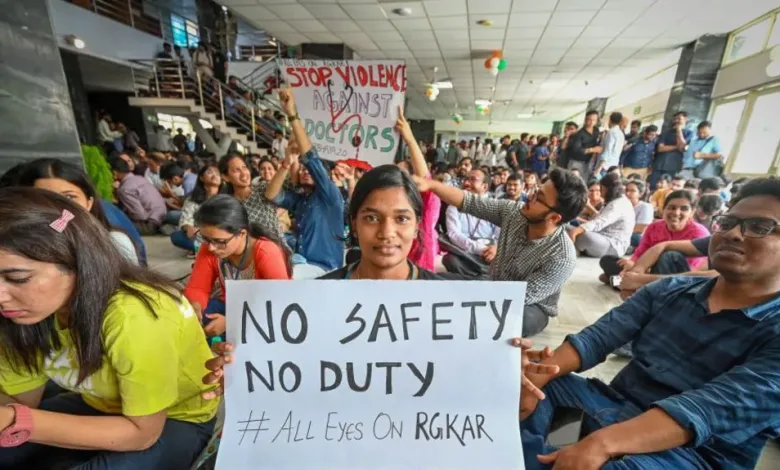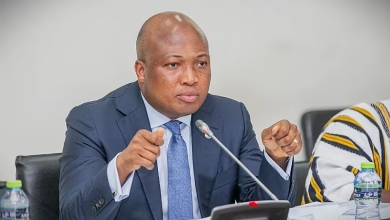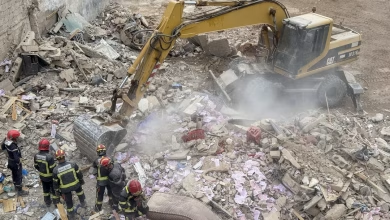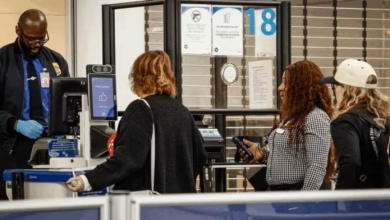Outrage Erupts Across India After Doctor’s Murder

- The tragic death of the doctor has drawn attention to the severe risks
- The incident has ignited widespread protests
- The murder has brought to light the broader issue of violence against women
In the early hours of Friday, a 31-year-old female trainee doctor fell asleep in a seminar hall at one of India’s oldest hospitals, following a demanding day of work.
It was the last time she was seen alive. The next morning, her colleagues found her partially undressed and severely injured on the podium.
Police have since detained a hospital volunteer, alleging his involvement in the rape and murder of the doctor at Kolkata’s historic RG Kar Medical College.
In response, tens of thousands of women in Kolkata and throughout West Bengal are set to participate in a “Reclaim the Night” march at midnight on Wednesday, demanding the right to live freely and without fear. This march, scheduled just before India’s Independence Day, symbolizes a call for justice and enhanced safety measures.
The incident has prompted widespread strikes among doctors across the nation, who are calling for stringent federal laws to ensure their protection.
This tragic event highlights ongoing issues of violence against healthcare professionals in India. Reports of assaults on doctors and nurses by patients and their families have become increasingly common. Female medical staff, who represent nearly 30% of India’s doctors and 80% of the nursing workforce, face heightened risks.
The situation at RG Kar Hospital, which treats over 3,500 patients daily, underscores severe security lapses. Overworked doctors, some enduring 36-hour shifts, lack proper rest facilities and are forced to rest in unsecured areas like seminar rooms. The suspect, a volunteer with a questionable history, had unrestricted access to the hospital, and authorities claim there were no background checks conducted on him.
Dr. Madhuparna Nandi, a junior doctor at Kolkata’s National Medical College, expresses the deep fear and insecurity felt by medical professionals. With no designated restrooms and poor security, she recounts a disturbing incident from 2021 when she was harassed by men in her room.
The horrific crime at RG Kar is not an isolated case. The 1973 assault on nurse Aruna Shanbaug and the recent stabbing of intern Vandana Das underscore a troubling trend of violence against healthcare workers. Overcrowded hospitals with inadequate security are breeding grounds for such attacks, exacerbating the vulnerability of doctors.
Despite some states implementing measures like private security and CCTV, comprehensive protection remains inadequate. The Indian Medical Association reports that 75% of doctors have faced violence, and effective legal protections are largely absent.
Dr. Namrata Mitra’s experiences reflect the pervasive insecurity among medical professionals. She recounts her father accompanying her to work due to safety concerns and the hostile environment faced by doctors in public health centers. Dr. Saraswati Datta Bodhak also highlights the prevalence of anti-social elements around hospital campuses.
The lack of a robust federal law to protect healthcare workers remains a significant concern, as states fail to enforce existing regulations effectively. This ongoing crisis underscores the urgent need for improved security measures and legal safeguards to ensure the safety of those who serve on the front lines of health care.






